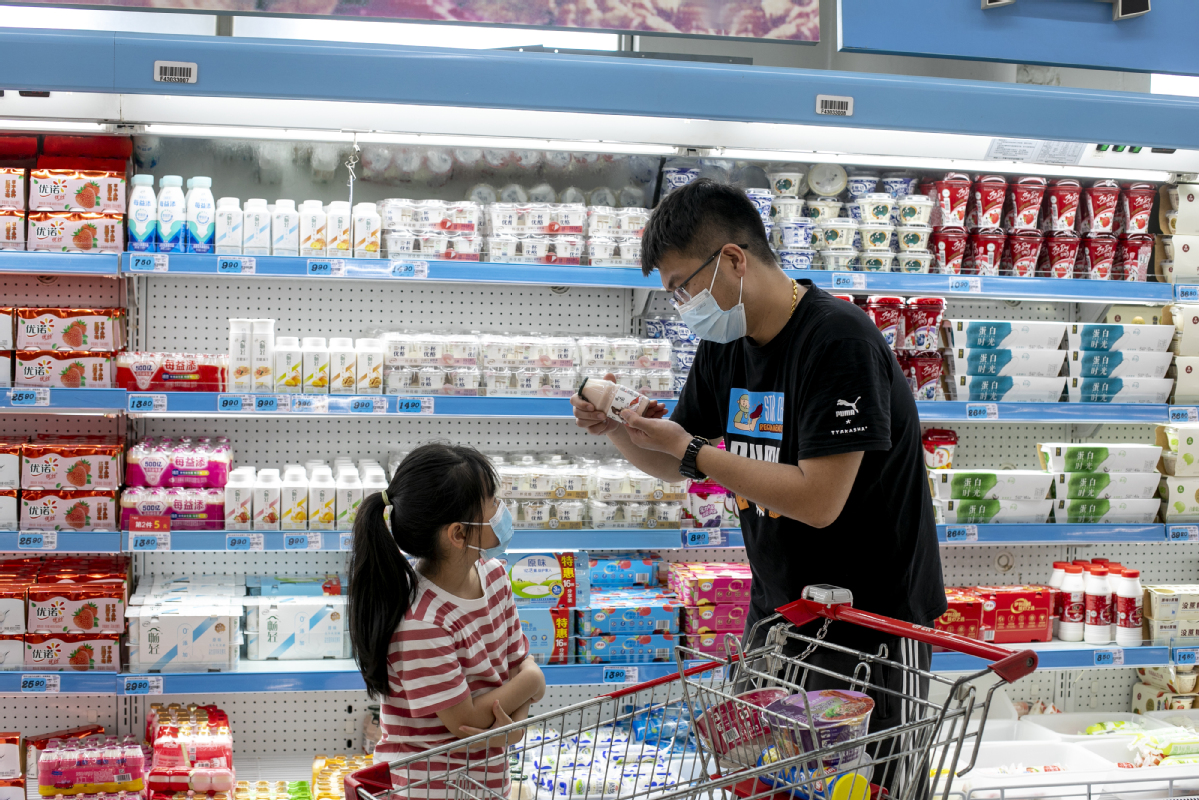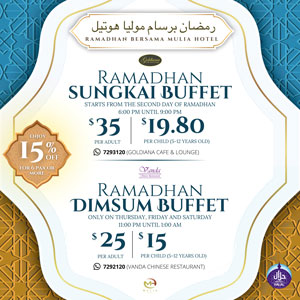(ANN/THE CHINA DAILY) – Dairy brands in China are adapting to challenges such as a declining birthrate, an aging population, and a historical preference for shelf-stable milk products, while consumers increasingly favour cold-chain items.
Sales of packaged milk products fell 2.9 per cent in the first quarter of this year compared to last, influenced by post-COVID changes in consumer spending and increased outdoor activities, as reported in the China Shopper Report 2024 by Bain & Co. and Kantar Worldpanel.
Yan Wei from Roland Berger highlighted the necessity for Chinese dairy brands to innovate and explore new product categories during the Food and Beverage Innovation Forum 2024 and FBIF Food Innovation Exhibition in Shanghai from June 25-27.
Some dairy brands have already taken steps to overcome the challenges.
Haihe Dairy, an over six-decade-old time-honored brand based in Tianjin, has, for instance, designed innovative products specifically for Gen Z consumers.
The company has infused local humour and incorporated the relaxed nature of Tianjin residents to come up with offerings such as coriander and avocado-flavored milk.
Zou Yang, chairman of Haihe Dairy, credits its success to Tianjin’s inherent sense of humour.
Speaking at the FBIF Forum, Zou described Tianjin as a “Florida” for China, renowned for its xiangsheng, or crosstalk comedy.

Viral moments, such as the “diving grandpa” and motorboat surfing during city floods, epitomise the unique humour and laid back attitude of Tianjin residents.
Haihe Dairy has integrated city landmarks and cultural elements into its yogurt product promotions, making “playfulness” a hallmark of its product innovation, Zou said.
“In our collaborative products, we focus on the unique characteristics of Tianjin,” Zou said.
Haihe has partnered with Tianjin’s traditional bakery, Xianghe Bobo Shop, to open five co-branded fresh milk stores in the city, using Haihe milk in baking pastries.
The company has also collaborated with the Tianjin Museum on culture-themed products and launched co-branded ice cream with the De Yun She Performance Group, known for xiangsheng performances. These collaborations have made their products iconic representations of Tianjin.
Looking ahead, Haihe Dairy plans to explore further collaborations with grilled fish brands to develop iced products and specialty milk beverages, Zou said.
“Our goal is to seamlessly integrate Haihe milk into various consumption scenarios,” Zou said, adding that its products sport a playful image in order to better resonate with consumers.
Some dairy producers have chosen to innovate on taste rather than flavors.
Bai Xuedong, vice-president and co-founder of Blue Sea Dairy, said the company’s focus on brand innovation is based on surprising Gen Z consumers with changes to taste.
He cited an example of its product “Haomanzu”, which means “satisfied” in Chinese, a yogurt incorporating whole strawberries and grapes, differentiating it from other freeze-dried fruit yogurts on the market.
“You have to delight your consumers with something challenging, yet unexpected,” said Bai.
But a change of flavour in dairy products is easily copied by competitors, she added. So, Blue Sea Dairy chose to innovate on taste, providing a deliciously luxurious experience of an entire fruit-in-yogurt product, said Bai.
The company stocks 50 metric tonnes of seasonal fruits a year in advance, 48 hours from picking and processing to stocking, he said.
Another player, New Raspberry Co Ltd, has also made strides in product innovation by making yogurt a replacement for meals.
Zhang Xingshi, general manager of the company, said it was inspired by the popular fruit oatmeal trend to develop its Chewy Yogurt product.

Combining yogurt with grains and freeze-dried fruits, New Raspberry has positioned yogurt as a potential meal replacement, catering to both necessity and frequent use.
How to help Chinese consumers eat more natural cheese is what French dairy enterprise Lactalis prioritised in its work in China.
Alexandre Pasquet, general manager of Lactalis North Asia, said Chinese consumers are increasingly focusing on functional and natural dairy products. Lactalis International’s leading brands include President, Lactel and Kraft.
While European children start consuming natural cheese early to meet nutritional needs, similar trends are emerging in China, Pasquet said.
Lactalis estimates that natural cheese will gain a higher market share in China. The company is building a factory in Jiangsu province to produce natural cheese and plans to innovate Camembert cheese by incorporating Chinese elements based on local consumer preferences.
Ren Song, chief executive officer of Milkground, a leading cheese producer in China, said the company has carried out innovations through expansion of its consumer groups.
By targeting both young people and middle-aged to elderly consumers, Milkground aims to understand young people’s preferences and innovate product categories.
The product quickly became popular among youngsters after it was launched in May, demonstrating how incorporating floral elements into cheese can resonate with young consumers’ emotional needs, said Ren.






